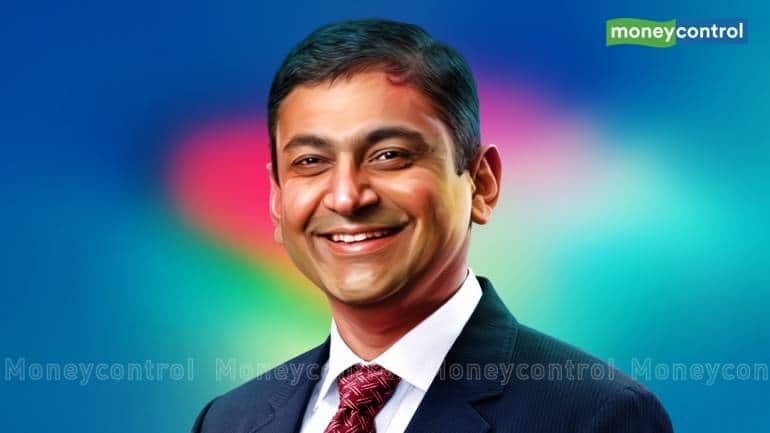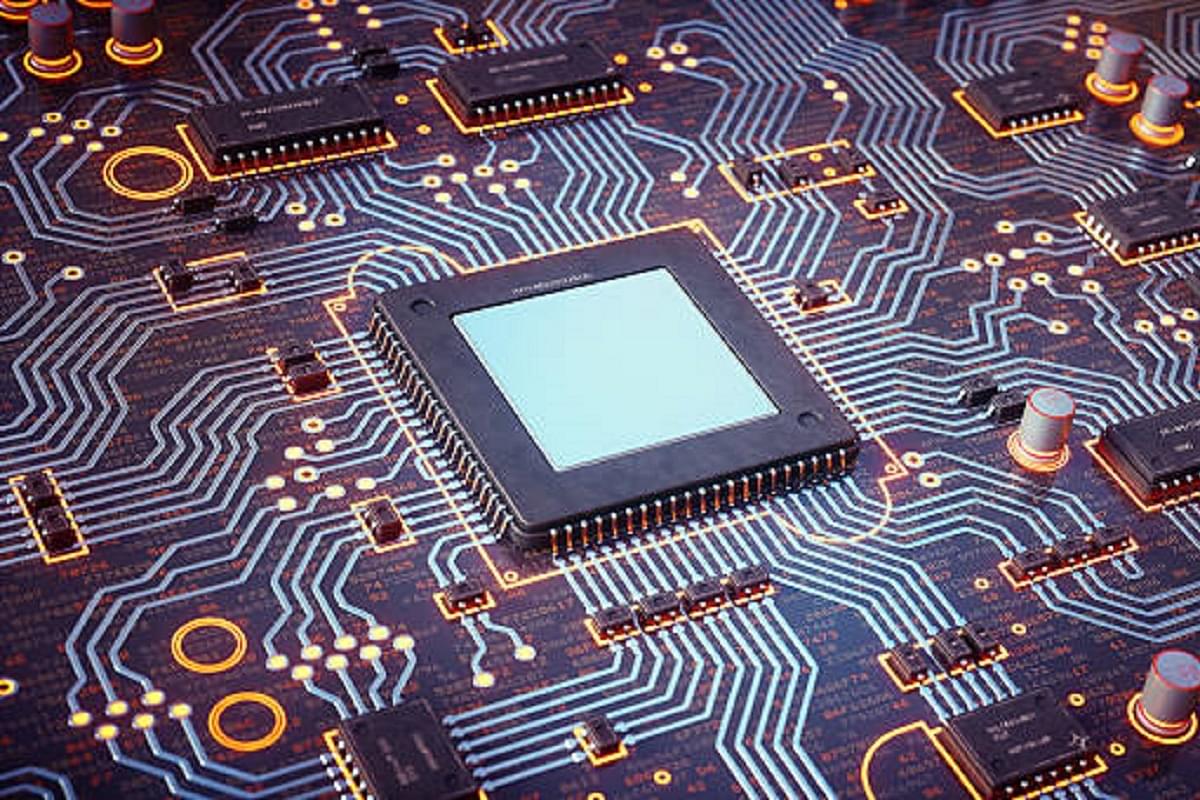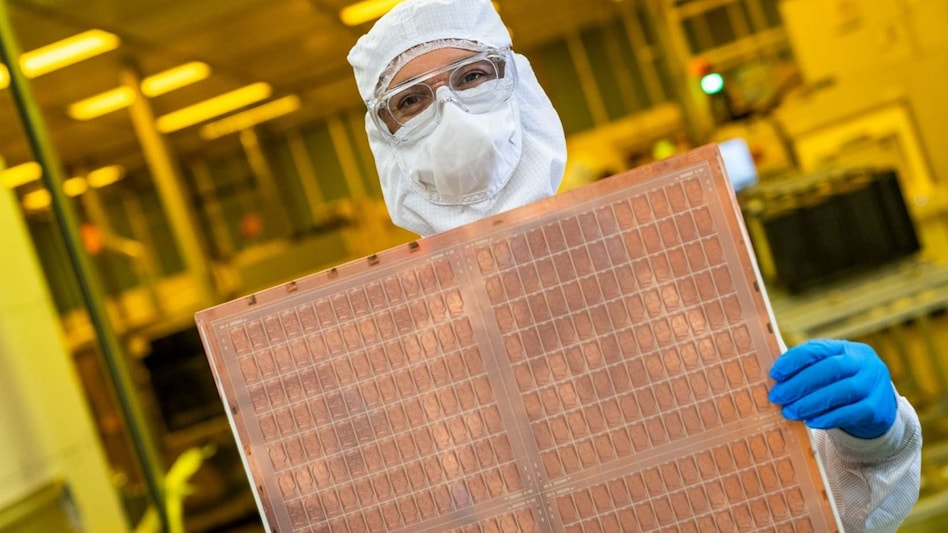India's CDIL Semiconductors Unveils Country's First Silicon Carbide Device Production To Meet EV And Solar Demand
by
Swarajya Staff-Friday, September 29, 2023 02:40 PM IST
Semiconductor manufacturing. (Representative image)
Snapshot
- Domestic firm CDIL has become the first manufacturer of Silicon Carbide components in India.
SiC material can operate at high temperature and handle high breakdown voltages and emerges as the optimal choice for EV, power management and solar sectors.
Continental Device India Pvt. Ltd (CDIL), an indigenous semiconductor assembly and packaging firm based in India, has recently commenced the manufacturing of Silicon Carbide (SiC) devices through surface mount technology at its Mohali production plant.
With this, CDIL now operates 10 assembly lines, increasing the facility's annual production capacity to 600 million units.
‘Over time, India will be a really interesting place’: Intel CCO Christoph Schell on upcoming semiconductor revolution in India
Christoph Schell, Chief Commercial Officer at Intel delved into the company's ambitions and the potential challenges it could face while contemplating a semiconductor fabrication facility (fab) in India.
Pranav Dixit
- Updated Sep 26, 2023, 10:05 AM IST
An Intel engineer holds a test glass core substrate (Credit: Intel)
SUMMARY
- The prospect of establishing a semiconductor fab in India is not without its complexities
- Schell acknowledged the challenges in putting up a fab in India
- The challenges primarily revolve around the need for a well-developed ecosystem
India, the world's second-most populous nation and a burgeoning technology hub that has captured the attention of tech companies around the world, including Intel. At the Intel Innovation 2023 in California, Christoph Schell, Chief Commercial Officer at Intel delved into the company's ambitions and the potential challenges it could face while contemplating a semiconductor fabrication facility (fab) in India.
Schell's remarks began by commending India's remarkable progress in the tech sector: "Firstly, amazing to see what is happening in India."
He said that India's digital transformation journey has been nothing short of extraordinary. The country has made significant strides in providing digital access to every citizen, a fact that Schell found astonishing. He praised India's achievements, saying, "The disruption that you are creating for your own people… It's a huge achievement. I really think it's massive."
When is Intel going to put a fab into India?
The prospect of establishing a semiconductor fab in India is not without its complexities. Schell acknowledged the challenges in putting up a fab in India. The challenges primarily revolve around the need for a well-developed ecosystem. Schell emphasised that for Intel, merely putting up a fab in isolation would not be viable: "Putting fabs all over the world comes at a price… We need to have fabs and packaging in proximity. We need to have suppliers that are part of our ecosystem in proximity." He said this underscores the importance of a comprehensive ecosystem to support semiconductor manufacturing.
While Schell didn't commit to a specific timeline for establishing a fab in India, he spoke highly of the nation's potential: "I think over time, India will be a really interesting place. Just from a domestic demand point of view." India's growing consumer market and the government's efforts to attract foreign investment into manufacturing play a pivotal role in Intel's consideration.
Addressing the Indian government's Rs 76,000 crore (around $10 billion) incentive package to attract semiconductor manufacturers, Schell shared his perspective on what India should do to stand out: "I think what governments need to do to really attract supply chains to invest is to get industries to adapt the disruption potential."
He cited examples from various industries like automotive, energy grids, and sustainability, where Asian countries, including India, are at the forefront of disrupting traditional models. Schell highlighted the importance of modernising energy grids and supporting sustainable tech initiatives as key factors in attracting technology investments.


 www.moneycontrol.com
www.moneycontrol.com





